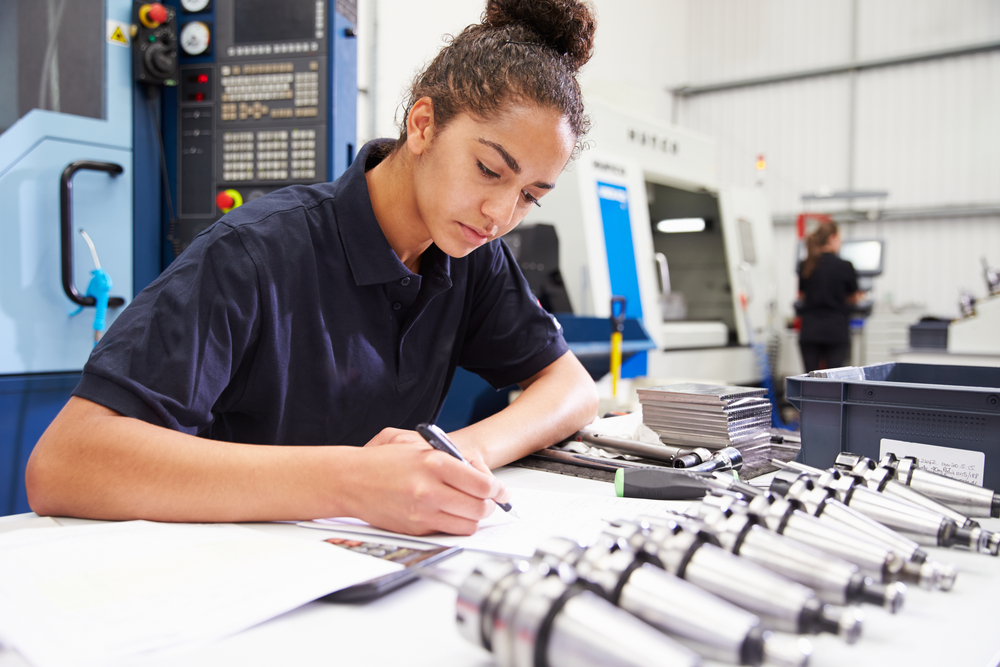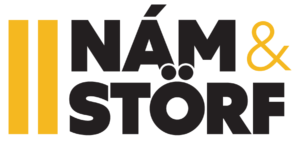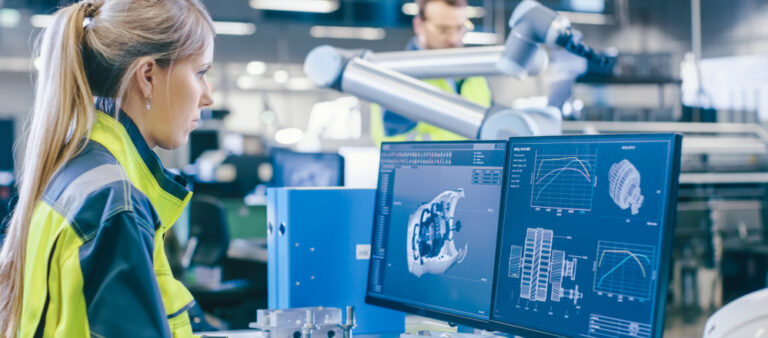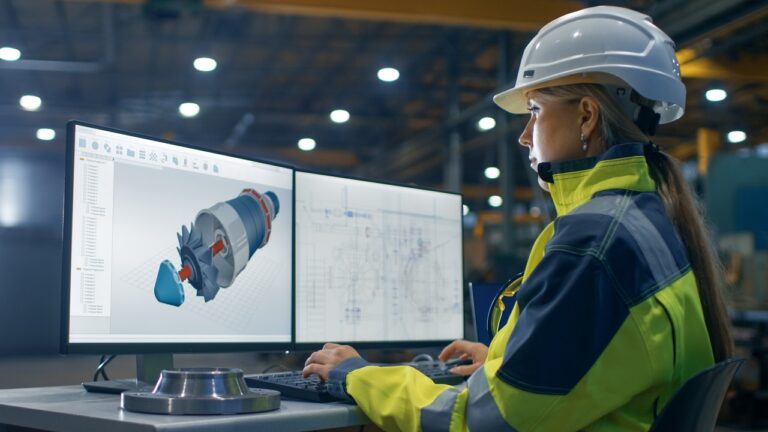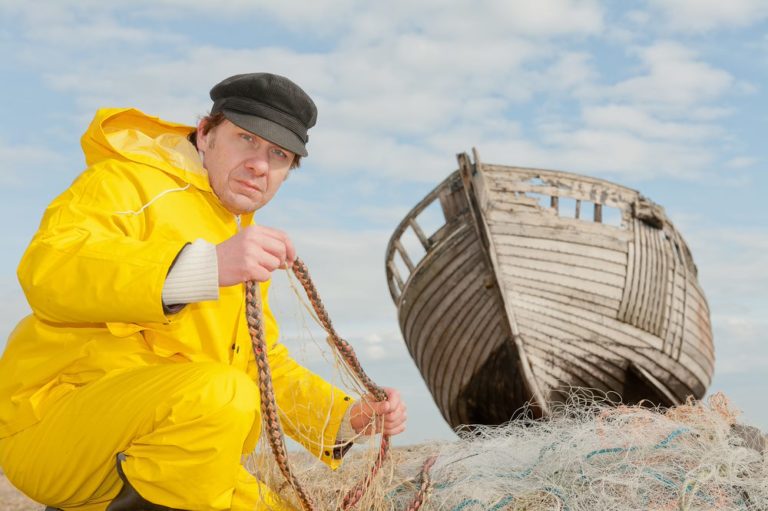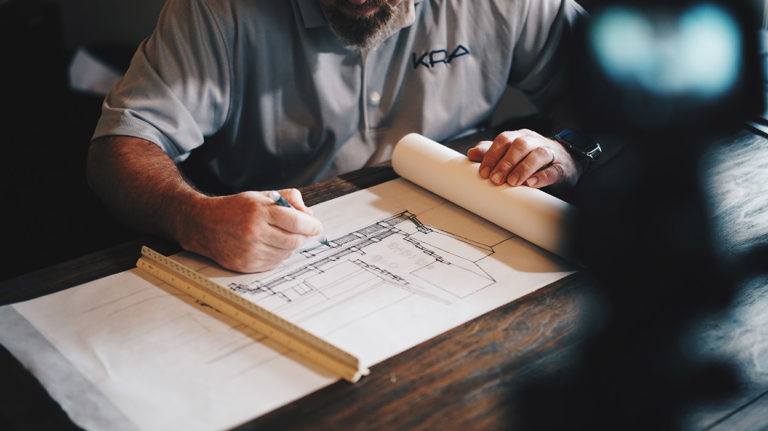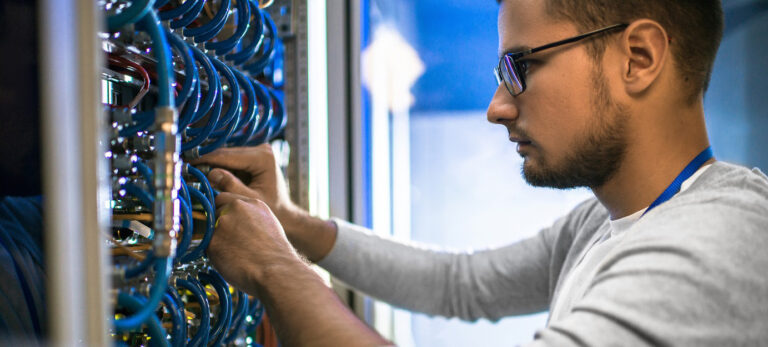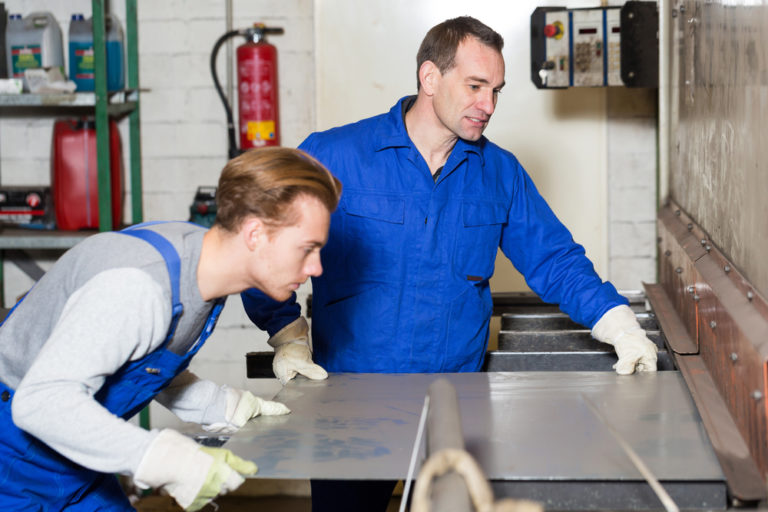A turner builds parts for mass production as well as individual components for maintenance and repair. These are often complex components that are processed in computer-controlled machines. The work mainly involves metals and alloys but also plastic, nylon and wood. Turning is a certified trade.
Turners often work in collaboration with other metal and mechanical technicians, motor engineers, electrical machine engineers and designers. As a turner, you could work in a machine shop, a turning workshop or in another type of metal industry company.
